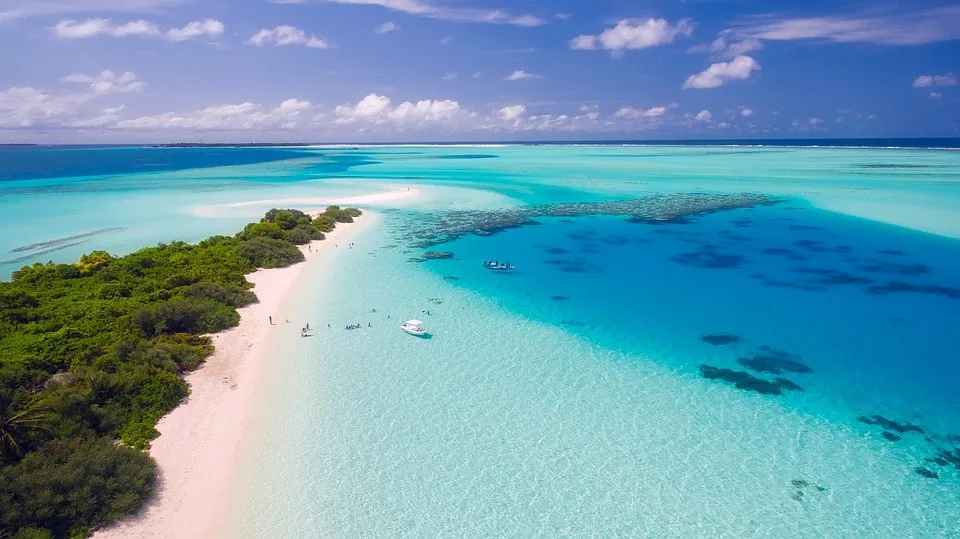The value of local knowledge

When a coastal town faces increased flooding, what comes next must come from the community.
The most important thing for Councils when planning adaptation to climate change is to identify the risk to people, and then work with the community to use local knowledge to plan solutions, explains Carol Muzyk, Strategic Projects Coordinator for the District Council of Mallala in South Australia.
Carol works with the community of Middle Beach, a small coastal settlement that is threatened by coastal flooding.
‘Identifying the risk needs to be done first and in consultation with the community,’ she says. ‘Then any action also needs to be worked through with the community: they may well be the ones who suggest the solutions, as they live in, and know, the area. And they need to be the ones happy with the way forward as it is for them, and impacts them.’
The Council contracted the University of South Australia and URS Australia to undertake a Coastal Settlements Adaptation Study to compare the impact of sea-level rise now with what is likely to happen in 2050 and 2100.
The low lying settlement of Middle Beach is threatened by flooding, and has been for some time. ‘The study concluded that there are no viable protection options for Middle Beach, and problems will be further exacerbated with rising sea levels and more frequent storm surges anticipated in future,’ Carol explains.
For more on this story, see connect.coastadapt.com.au/discussion/32/local-knowledge-helps-overcome-that-sinking-feeling#Item_1
Scientell is working with the National Climate Change Adaptation Research Facility (NCCARF) online discussion about coastal adaptation, CoastExchange. You can sign up at connect.coastadapt.com.au/.
Author:
Date Posted:
April 11, 2016
